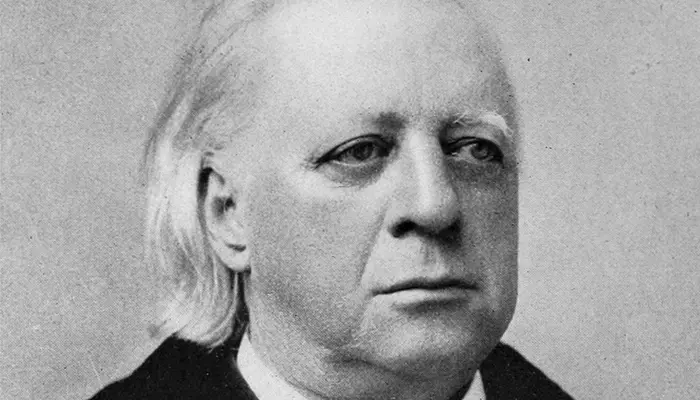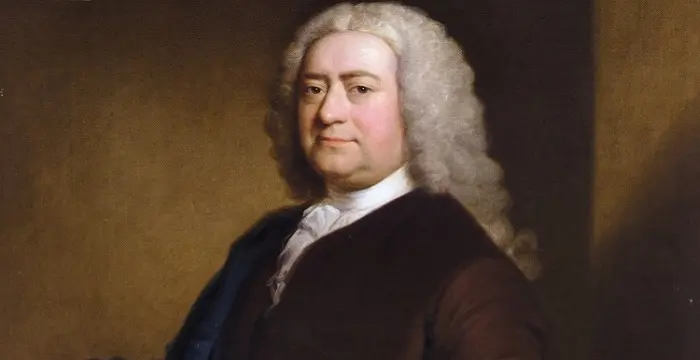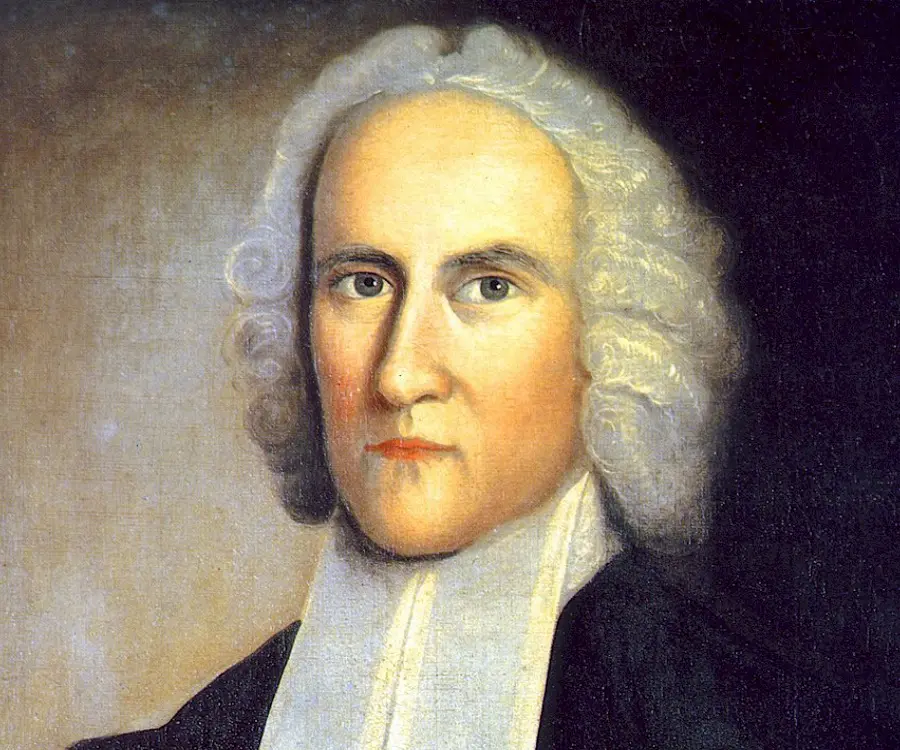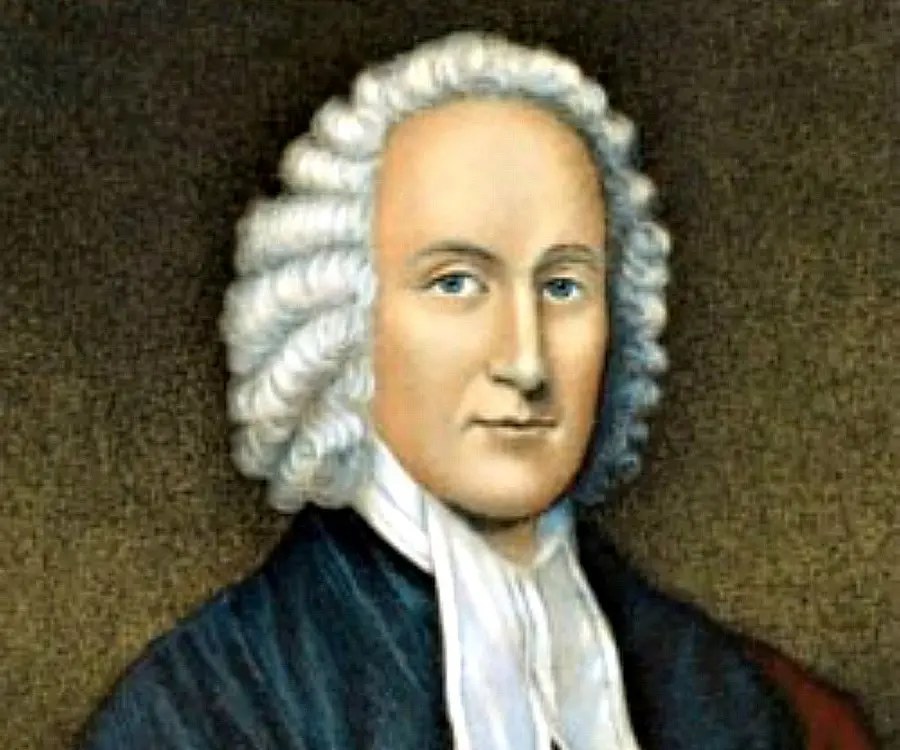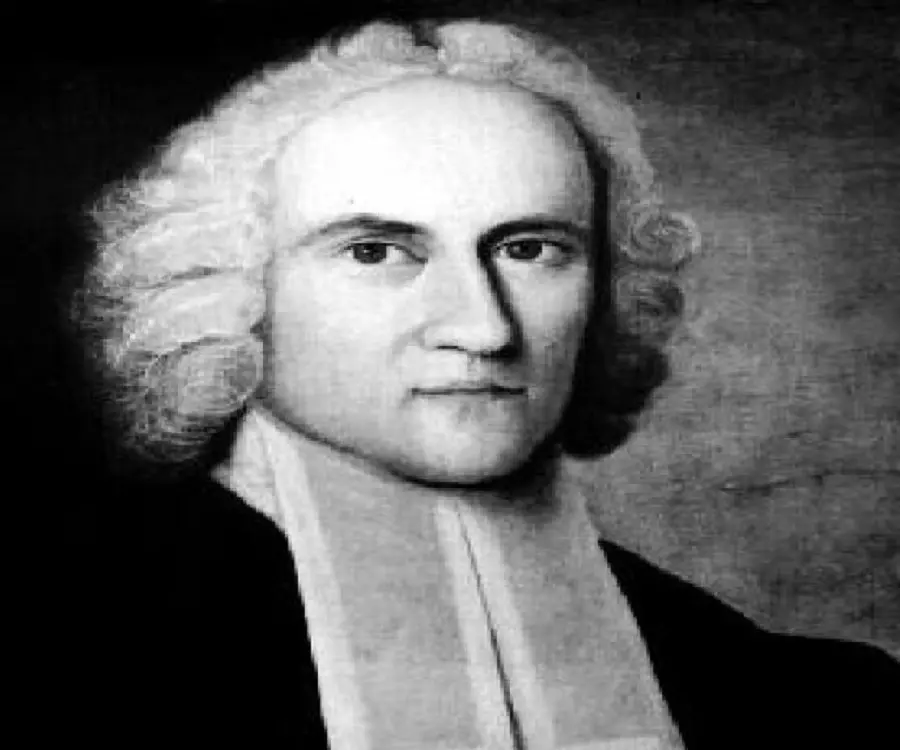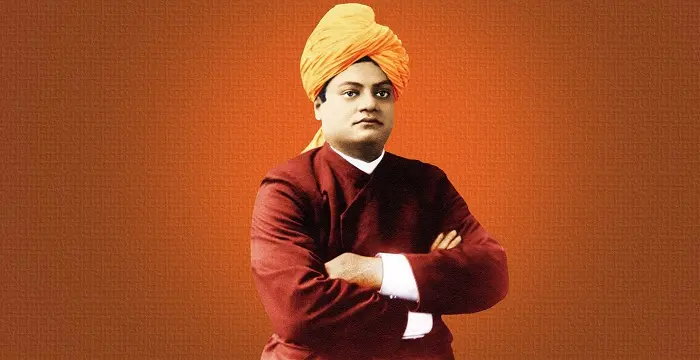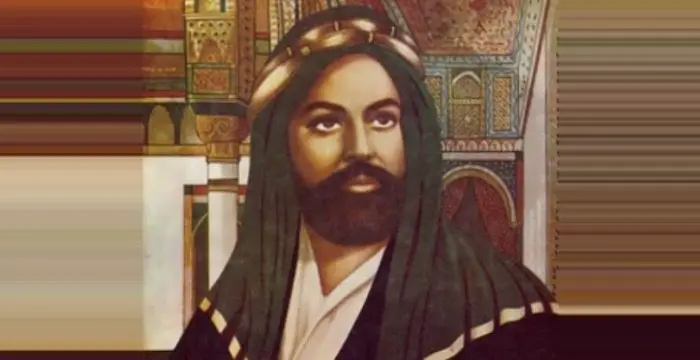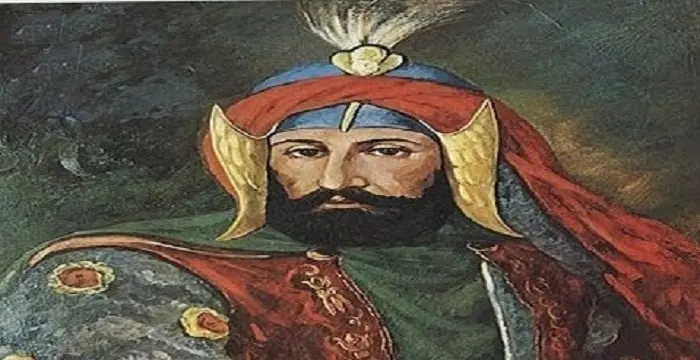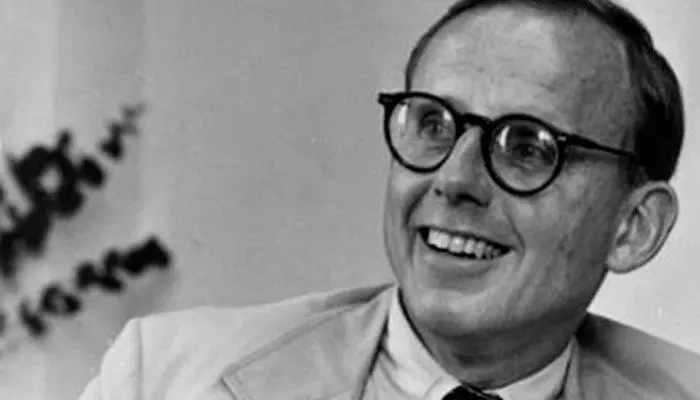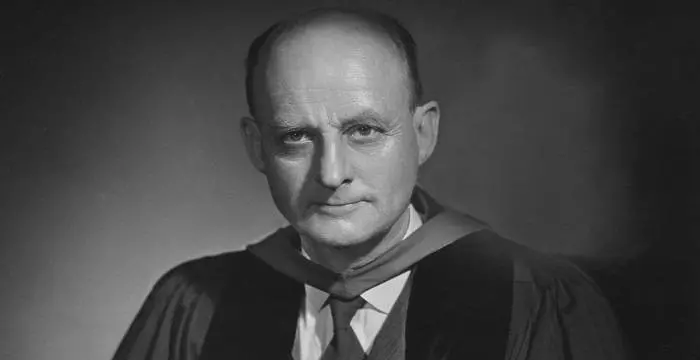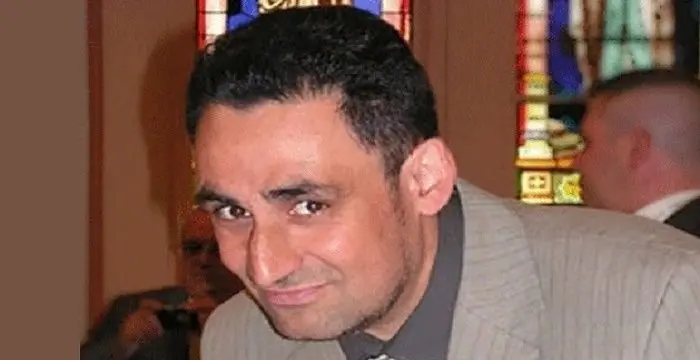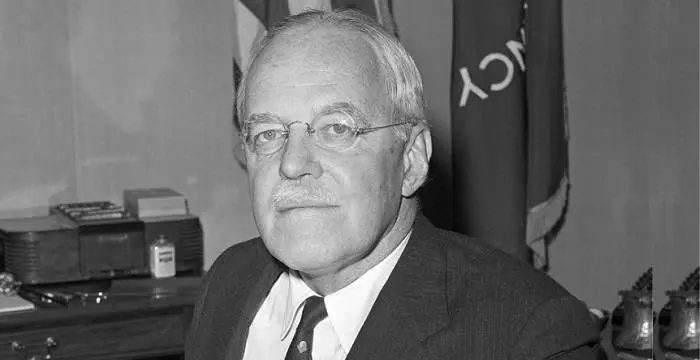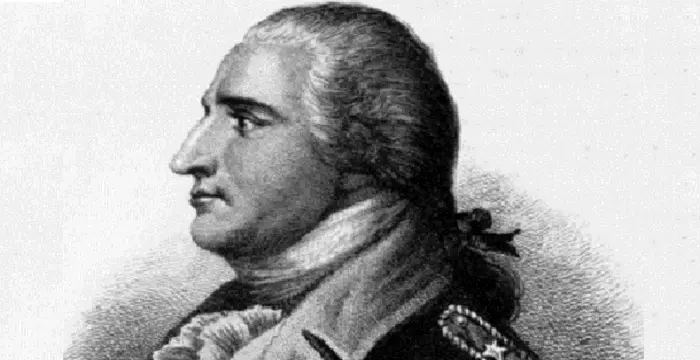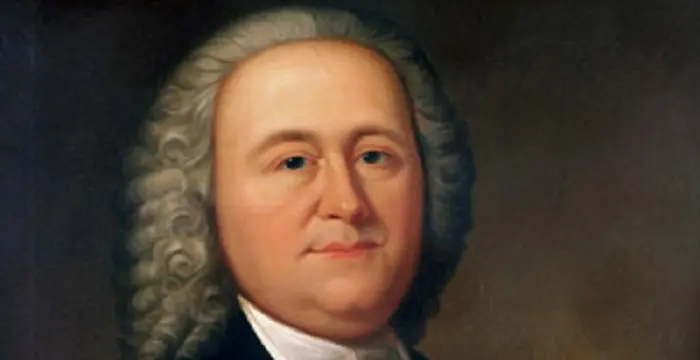
Jonathan Edwards - Preachers, Family and Facts
Jonathan Edwards's Personal Details
Jonathan Edwards was a philosopher and theologian who played a significant role in shaping Protestant beliefs during the 18th century
| Information | Detail |
|---|---|
| Birthday | October 5, 1703 |
| Died on | March 22, 1758 |
| Nationality | American |
| Famous | Ohio University, Yale University, Philosophers, Leaders, Spiritual & Religious Leaders, Preachers |
| City/State | Connecticut |
| Spouses | Sarah Pierrepont |
| Siblings | Esther |
| Childrens | Esther Edwards Burr |
| Universities |
|
| Notable Alumnis |
|
| Birth Place | East Windsor |
| Religion | Congregationalist |
| Gender | Male |
| Father | Timothy Edwards |
| Mother | Esther Stoddard |
| Sun Sign | Libra |
| Born in | East Windsor |
| Famous as | American preacher |
| Died at Age | 54 |
// Famous Preachers
Joel Osteen
Joel Osteen is a famous American preacher and televangelist. This biography provides detailed information about his childhood, life, career, works and timeline.
Henry Ward Beecher
Henry Ward Beecher was an American clergyman and influential social reformer, who staunchly supported abolition of slavery. This biography profiles his childhood, life, contributions, achievements and timeline.
John Cotton
John Cotton was a 17th century preacher and an eminent theologian of the Massachusetts Bay Colony. This biography provides detailed information about his childhood, life, achievements, works & timeline.
Jonathan Edwards's photo
Who is Jonathan Edwards?
Jonathan Edwards is considered to be one of the greatest and most influential American philosophers and theologians. He played a very significant role in the religious revival known as “The First Great Awakening” that revolutionized the Protestant religion in Europe and British America during the mid 18th century. As a theologian his works covered various aspects of the Christian religion though he was primarily regarded as a pioneer in the Reformed faith or Calvinism. He was the only son among the several children born to his parents and his family had great aspirations for him. He was accepted into the Yale College when he was just 13 and graduated as the head of his class. He was deeply influenced by the philosopher John Locke and scientist Isaac Newton. He became a pastor of the church at Northampton and played a significant role in the Christian revival movement “The First Great Awakening”. He preached about the sovereignty of God and encouraged people to develop a profound spiritual conviction. One of his very famous sermons, ‘Sinners in the hands of an Angry God’ projects vivid descriptions of hell and is a classic example of the sermons of the Great Awakening. His followers became known as New Light Calvinist ministers.
// Famous Spiritual & Religious Leaders
Swami Vivekananda
Swami Vivekananda was the chief disciple of Sri Ramakrishna, and was responsible for awakening India spiritually. Check this biography to know in detail about his life, profile and timeline.
Prophet Muhammad
Prophet Muhammad was the founder of Islam, one of the most widespread religions in the world. This biography profiles his childhood, life story, achievements and more.
Murad IV
Murad IV was one of the mighty Sultans in the history of the Ottoman Empire. This biography profiles his childhood, family, accession, rule, administration and timeline.
Childhood & Early Life
Jonathan Edwards was born on October 5, 1703 and was one of the 11 children of Timothy Edwards and Esther Stoddard. His father was a minister of church at Connecticut who also tutored boys for college.
His parents ensured that their children received good education and his father personally coached him for college.
He enrolled at the Yale College in 1716 when he was just 13 years old. There he became acquainted with the works of the great philosopher John Locke, especially his ‘Essay Concerning Human Understanding’ which greatly influenced the young boy.
He also had a deep interest in science and admired scientists like Isaac Newton and his contemporaries. He loved nature and used to pray in the woods surrounded by natural beauty.
He graduated as valedictorian of his class in 1720.
Career
In 1722 he was appointed a clergyman in a small Presbyterian Church in New York City. He worked in this position for eight months and quit in 1723.
He became a tutor at Yale where he followed an orthodox method of teaching. He was very devoted towards his Alma Mater.
A prolific writer, he recorded the development of his religious beliefs and philosophies in his diary which he maintained from 1720 to 1726.
He was ordained a minister of the church at Northampton where he served as an assistant to his maternal grandfather Solomon Stoddard. As a scholar-pastor, he devoted 13 hours a day to study.
His grandfather died in 1729 leaving him in charge of all the ministerial work at the church. Edwards became the pastor of the church at the age of 26. The church was one of the richest and most influential ones in the colony at that time.
He preached about the sovereignty of God in the work of salvation. The sermon he delivered in Boston in 1731 was later published as ‘God Glorified—in Man’s Dependence’.
A Christian revival which ultimately led to the First Great Awakening began to sweep Northampton in 1733 which made several hundreds of people join the church. This revival inspired him to study the process of conversion in all its forms.
In 1738, he published ‘Discourses on Various Important Subjects’, a collection of the five most important sermons that contributed most significantly to the revival.
He preached the sermon ‘Sinners in the Hands on an Angry God’ in Connecticut in 1741 which went on to become his most popular sermon.
During the years 1742 and 1743, he preached a series of sermons at Northampton which were published under the title of ‘Religious Affections’ in 1746.
He published a biography of the missionary David Brainerd in 1749. The book became very popular among the missionaries like William Carey and Jim Elliot.
He became the pastor of the church in Massachusetts in 1751 and also served as a missionary to the Housatonic Indians. He had a profound interest in the welfare of the Indians and preached to them using an interpreter.
He was made the president of the College of New Jersey in early 1758. He tried declining the position citing poor health but was persuaded to accept the post. He died within a month of assuming office.
Major Works
His classic sermon ‘Sinners in the hands of an Angry God’ published in 1741 is one of his major works. He gave a vivid description of hell in this sermon which is regarded as one of the foremost sermons to have influenced the Great Awakening.
‘A Treatise Concerning Religious Affections’ (1746) gave an account of how true conversion to Christianity occurs. This book continues to be widely read even today.
His biography of American missionary David Brainerd, titled ‘The Life of David Brainerd’ published in 1749 is his most frequently reprinted book. The book contains material from Brainerd’s diary and greatly influenced missionary movements of the 18th and 19th centuries.
Personal Life & Legacy
He married Sarah Pierpont, daughter of the head founder of Yale College in 1727. She was a devout, practical and cheerful woman who proved to be an ideal wife and mother. The couple was blessed with 11 children.
He was known to be a charitable man who always helped those in need.
He was a strong supporter of smallpox inoculations and decided to get himself vaccinated in order to set a precedent. However he was already in ill health and could not bear the side-effects of the vaccine and died in 1758.
The Jonathan Edwards College, the first residential college at Yale University was established in his honour in 1933.
Trivia
Aaron Burr, the third vice president of the U.S. was his grandson.
// Famous Philosophers
Martin Buber
One of the greatest philosophers to have ever walked on earth, Martin Buber contributions to philosophy is a long-standing one. Explore all about his profile, childhood, life and timeline here.
Lao Tzu (Laozi)
Lao Tzu was a legendary Chinese philosopher who wrote the important “Daodejing”. This biography profiles his childhood, life, career, achievements and timeline.
Alan Watts
Alan Watts was a famous British philosopher known for his Zen teachings and interpretations of Eastern philosophy. Read more about this great philosopher in the following article.
Jonathan Edwards biography timelines
- // 5th Oct 1703Jonathan Edwards was born on October 5, 1703 and was one of the 11 children of Timothy Edwards and Esther Stoddard. His father was a minister of church at Connecticut who also tutored boys for college.
- // 1716He enrolled at the Yale College in 1716 when he was just 13 years old. There he became acquainted with the works of the great philosopher John Locke, especially his ‘Essay Concerning Human Understanding’ which greatly influenced the young boy.
- // 1720He graduated as valedictorian of his class in 1720.
- // 1720 To 1726A prolific writer, he recorded the development of his religious beliefs and philosophies in his diary which he maintained from 1720 to 1726.
- // 1722 To 1723In 1722 he was appointed a clergyman in a small Presbyterian Church in New York City. He worked in this position for eight months and quit in 1723.
- // 1727He married Sarah Pierpont, daughter of the head founder of Yale College in 1727. She was a devout, practical and cheerful woman who proved to be an ideal wife and mother. The couple was blessed with 11 children.
- // 1729His grandfather died in 1729 leaving him in charge of all the ministerial work at the church. Edwards became the pastor of the church at the age of 26. The church was one of the richest and most influential ones in the colony at that time.
- // 1731He preached about the sovereignty of God in the work of salvation. The sermon he delivered in Boston in 1731 was later published as ‘God Glorified—in Man’s Dependence’.
- // 1733A Christian revival which ultimately led to the First Great Awakening began to sweep Northampton in 1733 which made several hundreds of people join the church. This revival inspired him to study the process of conversion in all its forms.
- // 1738In 1738, he published ‘Discourses on Various Important Subjects’, a collection of the five most important sermons that contributed most significantly to the revival.
- // 1741He preached the sermon ‘Sinners in the Hands on an Angry God’ in Connecticut in 1741 which went on to become his most popular sermon.
- // 1741His classic sermon ‘Sinners in the hands of an Angry God’ published in 1741 is one of his major works. He gave a vivid description of hell in this sermon which is regarded as one of the foremost sermons to have influenced the Great Awakening.
- // 1742 To 1743During the years 1742 and 1743, he preached a series of sermons at Northampton which were published under the title of ‘Religious Affections’ in 1746.
- // 1746‘A Treatise Concerning Religious Affections’ (1746) gave an account of how true conversion to Christianity occurs. This book continues to be widely read even today.
- // 1749He published a biography of the missionary David Brainerd in 1749. The book became very popular among the missionaries like William Carey and Jim Elliot.
- // 1749His biography of American missionary David Brainerd, titled ‘The Life of David Brainerd’ published in 1749 is his most frequently reprinted book. The book contains material from Brainerd’s diary and greatly influenced missionary movements of the 18th and 19th centuries.
- // 1751He became the pastor of the church in Massachusetts in 1751 and also served as a missionary to the Housatonic Indians. He had a profound interest in the welfare of the Indians and preached to them using an interpreter.
- // 1758He was made the president of the College of New Jersey in early 1758. He tried declining the position citing poor health but was persuaded to accept the post. He died within a month of assuming office.
- // 22nd Mar 1758He was a strong supporter of smallpox inoculations and decided to get himself vaccinated in order to set a precedent. However he was already in ill health and could not bear the side-effects of the vaccine and died in 1758.
// Famous Yale University
Samuel P. Huntington
Samuel Phillips Huntington was a famous American political scientist who proposed the controversial thesis of ‘The Clash of Civilizations’. Find out more about his life in this biography
Reinhold Niebuhr
Reinhold Niebuhr was a German-American theologian, intellectual and political commentator who wrote the famous book, ‘Moral Man and Immoral Society’. This biography provides information about his profile, childhood, life and timeline.
Jennifer Connelly
Jennifer Connelly is an Academy Award winner American actress who started out as a child artist and reached the epitome of her film career with the movie ‘A Beautiful Mind’.
Francis Greco
Francis Greco is the ex-husband of Hollywood actress Lauren Holly. Check out this biography to know about his childhood, family life and fun facts about him.
Allen Dulles
Allan Dulles was an America lawyer and diplomat who later became the head of Central Intelligence Agency (CIA). This biography profiles his childhood, life, achievements, works & timeline.
Nathan Hale
Nathan Hale was an American patriot and martyr who fought for the Continental Army during the American War of Independence. This biography explores his childhood, early life, career, achievements, personal life, legacy and timeline.
Jonathan Edwards's FAQ
What is Jonathan Edwards birthday?
Jonathan Edwards was born at 1703-10-05
When was Jonathan Edwards died?
Jonathan Edwards was died at 1758-03-22
Where was Jonathan Edwards died?
Jonathan Edwards was died in Princeton
Which age was Jonathan Edwards died?
Jonathan Edwards was died at age 54
Where is Jonathan Edwards's birth place?
Jonathan Edwards was born in East Windsor
What is Jonathan Edwards nationalities?
Jonathan Edwards's nationalities is American
Who is Jonathan Edwards spouses?
Jonathan Edwards's spouses is Sarah Pierrepont
Who is Jonathan Edwards siblings?
Jonathan Edwards's siblings is Esther
Who is Jonathan Edwards childrens?
Jonathan Edwards's childrens is Esther Edwards Burr
What was Jonathan Edwards universities?
Jonathan Edwards studied at Ohio University,Yale University, Yale University, Yale College
What was Jonathan Edwards notable alumnis?
Jonathan Edwards's notable alumnis is Ohio University, Yale University
What is Jonathan Edwards's religion?
Jonathan Edwards's religion is Congregationalist
Who is Jonathan Edwards's father?
Jonathan Edwards's father is Timothy Edwards
Who is Jonathan Edwards's mother?
Jonathan Edwards's mother is Esther Stoddard
What is Jonathan Edwards's sun sign?
Jonathan Edwards is Libra
How famous is Jonathan Edwards?
Jonathan Edwards is famouse as American preacher

